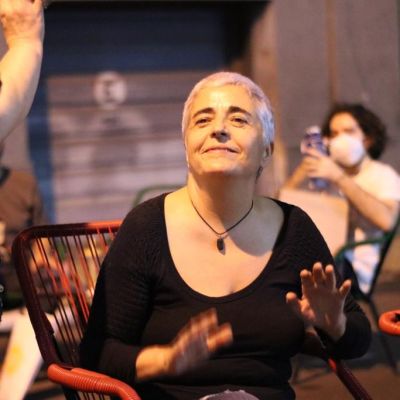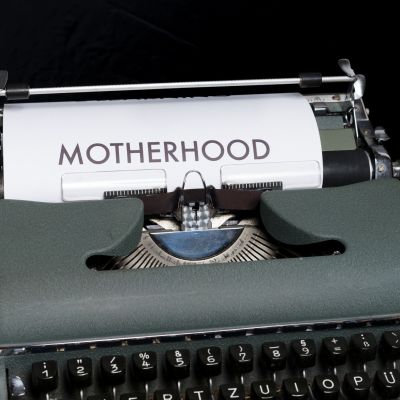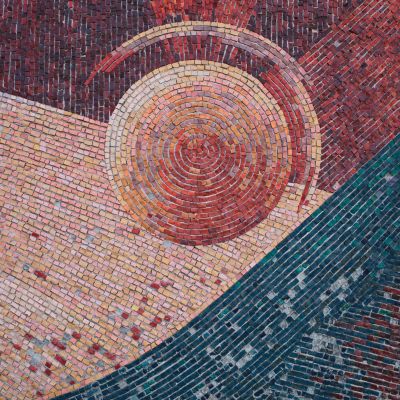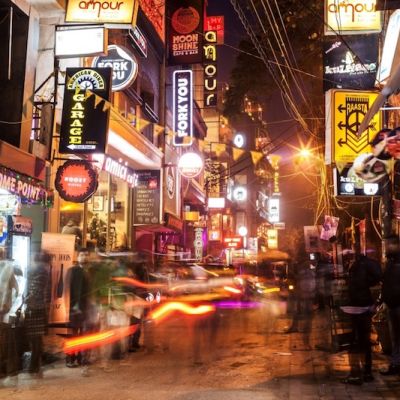Sexuality
I know that the lives of many human rights defenders are under continuous threat, that sometimes it is impossible to sleep or to enjoy a moment of peace because of the harassment coming from the outside. What I address in this text is our internal disposition as activists, and the ideas that stop us from taking care of and holding ourselves together.
The idealisation of motherhood is crucial to our culture; it is important that the mother is self-sacrificing. This sacrificial instinct isn’t limited to women’s behaviour. It goes on to encompass the entirety of her corporeality and the way she performs it.
You held my hand, we hugged each other / I was lost in your love, wanting to go further
People in the city move from their homes to their workplaces and back to their homes. The production of this everyday rhythm of the city makes people accustomed to the sexual overtones that come with it.
People in the city move from their homes to their workplaces and back to their homes. The production of this everyday rhythm of the city makes people accustomed to the sexual overtones that come with it.
Connection, to my mind, is one of those profoundly entrenched concepts manifesting itself throughout our lives. It is difficult to let go of.
“Only that once again they broke the Love Laws. That lay down who should be loved. And how. And how…
I have been out of school for close to five years. I recently met up with a friend from school…
From my experience of being at the receiving end of this snap judgment of desirability, and seeing what a loss it is of getting to know people as persons instead of cardboard images, I realise how unjust this approach is towards seeking companions (which doesn’t necessarily mean romantic partners). This is not how I would want to be seen. I have been missing out on a lot of sexual, emotional and intellectual stimulation by reducing a person’s attractiveness to these notions.
Should it have been a full stop or a question mark that finished the above title? It deeply confused me….
The digital space is becoming an integral part of our daily lives, especially with smartphones and internet data plans becoming more affordable. The number of people going online everyday—including people from marginalised communities—is increasingly rapidly.
A multitude of views are recorded when couples are interviewed about their sex lives and relationships. It is often found that while women are more concerned about the way they look and how they react to their partners’ moves (including women’s need to fake orgasms), men worry more about things like performance. It is safe to assume that all of us have sexual insecurities.
So, what can be done about insecurity?
The scientific establishment’s inability to attract enough women and keep them in the workforce is a large enough problem for it to feature in interactions between nation’s governments.
In Nacher Chhele, a 38 year old Avijit stands outside himself, takes a long look at his past, and writes an intense testimonio, which would resonate with many middle class Bengali queer men who grew up in the pre-global, pre-Internet city of Calcutta in the 80s and 90s.














